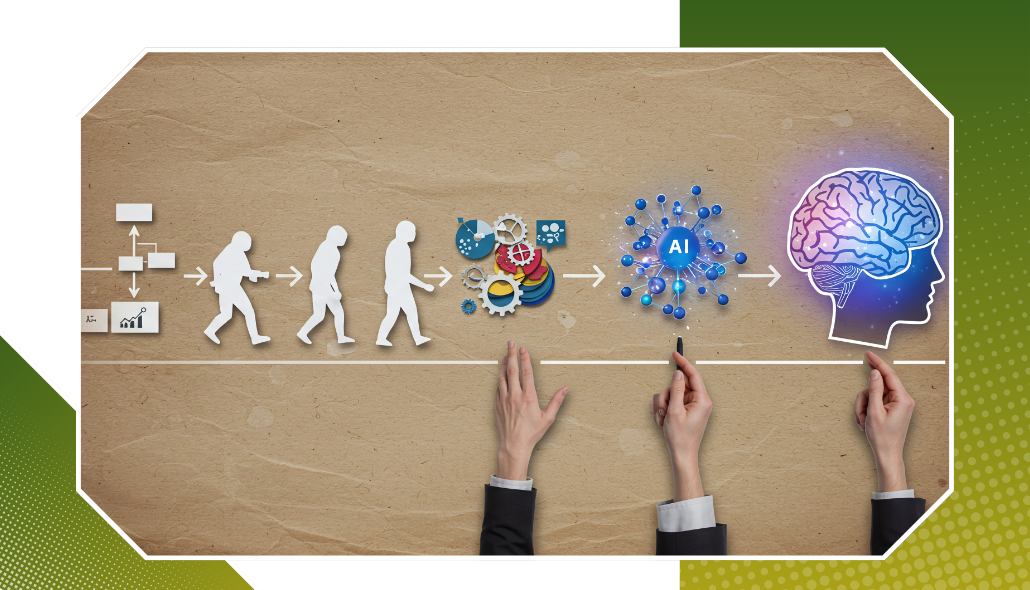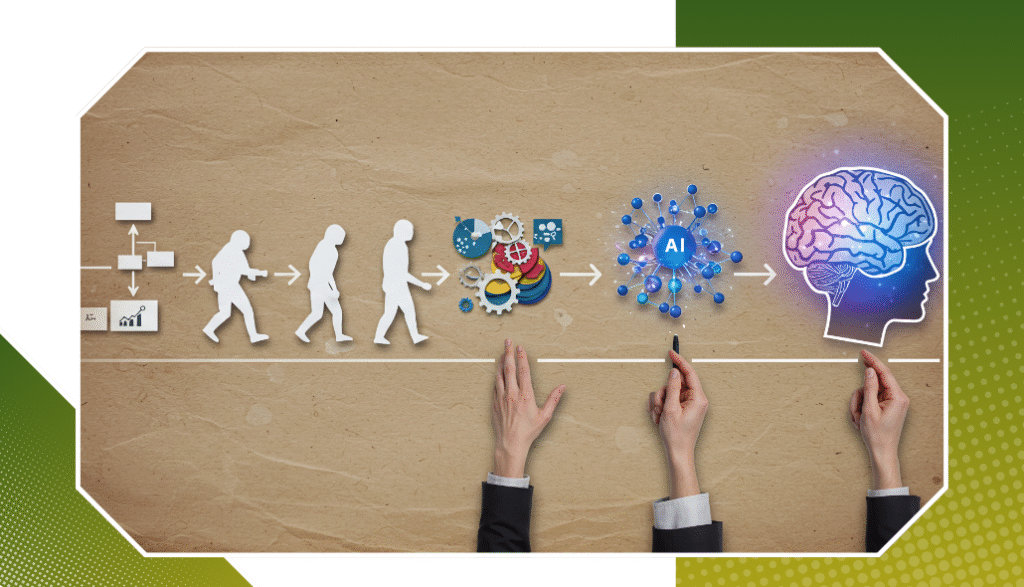These AI answers are becoming a really big part of how we search online. They are important because they change how you find things. Instead of clicking on lots of links, you often get a straight answer right away. And guess what? These AI answers are changing super fast, showing up for all sorts of questions we ask. Understanding this quick change is a big deal for anyone who wants their website to be seen.
Where Are These AI Answers Showing Up Now?
It wasn’t long ago that these AI Overviews were just a small test. But now, they are everywhere! By the middle of 2025, over 50% of all Google searches were showing these AI summaries. That’s a huge jump from earlier in the year when they only appeared for about 12% of searches. It’s not a tiny change; it’s a massive shift in how Google works.
When an AI answer pops up, it can be in different structures:
- Full Answer: Sometimes, you get a complete answer right there. It might be a short paragraph or a list of points.
- Partial Answer: You’ll see part of the answer with a button that says “show more.” You can click it to see the rest.
- Human Touch: Very rarely, real people might have helped fine-tune the answers, especially for really important topics.
Because they show up so often now, these AI Overviews are usually the very first thing people see on Google. This means people are starting to search differently.
How AI Answers Are Changing What You Do and What Websites Get Visitors
If AI is giving us answers directly, what does that mean for how people use Google? It’s a pretty big deal for websites. When an AI Overview appears, it means you can often get your question answered without clicking on any website links.
Imagine you search for “how to fix a leaky tap.” Before, you would click on a few websites that tell you how. Now, an AI answer might just give you all the steps right there on Google. This changes how people use search because:
- Quick Answers: Lots of people get what they need without leaving Google. It’s super convenient.
- Less Clicking: This can lead to what we call “zero-click searches.” This means someone finds their answer right on the Google page and doesn’t click on any websites.
- New Trust: People might start to trust these AI summaries directly, especially if the AI says where it got the information.
This change can affect organic traffic – that’s the free visitors your website gets from Google. If fewer people click on your site because the AI gave them the answer, your website might get fewer visitors. For businesses and people who write online, fewer visitors can mean less money from ads or fewer sales. It doesn’t mean traffic will disappear, but it does mean websites need to think differently. Some studies show that websites that rely a lot on “information” questions are seeing their traffic drop significantly, sometimes by as much as 60%.
What Kinds of Questions Get AI Answers?
Not every search will bring up an AI Overview. There’s a pattern to the kinds of questions that trigger them:
- Longer, More Detailed Questions: AI answers tend to pop up for questions that are about five words or longer. Think “how to make perfect fluffy idlis at home” instead of just “idli recipe.” These longer questions usually need a detailed answer, which AI is good at summarising.
- “How-to” or “What is” Questions: These are questions where you want to learn something. Common topics that often get AI Overviews include:
- “How-to” guides: Like “how to tie a sari” or “how to change a flat tire.”
- “What is” questions: “What is the stock market?” or “What is climate change?”
- Questions comparing things: “Best phones under 20,000 rupees” or “Yoga vs. Gym.”
- Questions about ‘safety’: “Is it safe to travel to Goa right now?”
- Complicated ideas: “What is democracy?”
Basically, if your question needs information from many different places to give a full answer, AI Overviews are more likely to show up.
How Fast Are AI Answers Getting Smarter for Different Questions?
AI Overviews are not just staying the same; they are constantly getting better and smarter. They are becoming more context-aware (meaning they understand the full situation of your question) and even a bit personalised (meaning they might be slightly different for you based on what you’ve searched before).
- Understanding the Whole Picture: The AI is getting much better at understanding the real meaning behind your words. It doesn’t just look at keywords. If you search for “apple,” it can tell if you mean the fruit, the company, or someone’s name, based on the other words in your search.
- Getting Personal: This is still growing, but AI Overviews might start to show answers that are a little bit special for you. This could depend on where you are, what you’ve searched for in the past (if you’re signed in), or even how you usually search. This helps give you a more useful summary.
The speed at which these AI answers get smarter also changes. For everyday, simple questions, the AI learns and improves quickly. But for very specific, tricky, or quickly changing topics, it might take a bit longer for the AI to collect and process all the right information. It’s like the AI is always going to school, learning new things every day.
The Smart Tech Behind These Changes
So, what’s making these AI answers so much better? It’s because Google is using some really powerful computer brains behind the scenes.
A big part of this is something Google calls AI Mode. This isn’t just a small change; it’s like Google wants your whole search experience to be powered by AI. With AI Mode, you can ask questions like you’re talking to someone, and the AI remembers what you’ve already asked, letting you dig deeper into topics.
This means the AI can:
- Connect ideas better: It’s not just pulling out small pieces of text. It’s understanding how different parts of information fit together.
- Answer harder questions: Questions that used to need many searches can now be answered more fully in one go.
- Use expert information: Google is trying to make sure these answers come from very reliable and trustworthy places. This focus on “advanced thinking” and “expert information” is super important for giving answers you can trust, especially for serious topics like health or money.
It’s almost like your Google search is getting a super-smart assistant that can think and understand things much more like a human.
What’s Coming Next for AI Answers on Google?
The story of AI Overviews isn’t finished yet. We can expect them to keep getting better and to change how often they appear. Google is always testing things out and learning.
Looking ahead, we might see:
- Even More Personal Answers: AI Overviews will likely become even more suited to what you specifically need and like.
- Better Connections: They’ll probably blend even more smoothly with other parts of Google search, maybe even working with voice assistants.
- New Ways to Interact: We might be able to ask follow-up questions right inside the AI Overview, or ask it to change the summary in real-time.
Conclusion
The quick growth of AI Overviews is definitely changing how we find and use information online. From how often they appear to how they affect website visitors, these AI summaries are a huge change in how we search.
For people who market online, create content, or run businesses, getting used to these changes isn’t just an option; it’s a must. It means focusing on writing clear, full, and valuable content that both people and smart AI can easily understand. It means learning how AI processes information and aiming for your website to be a trusted source for those AI-generated answers.
If you feel a bit lost with all these changes and need some expert help to guide your website, please don’t hesitate to reach out. Contact us at Rankingeek Marketing Agency for help with your SEO.





